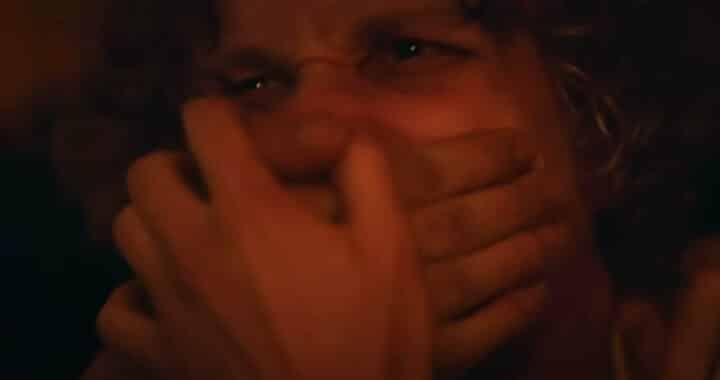
Masculine Movie Icon Alan Ladd As the Wounded Outlaw Hero
Red Mountain and Botany Bay showcase masculine movie icon Alan Ladd in his glory, playing wounded heroes on the wrong side of the law.

Red Mountain and Botany Bay showcase masculine movie icon Alan Ladd in his glory, playing wounded heroes on the wrong side of the law.

Arch Oboler’s Bwana Devil kicked off the 1950s 3D movies craze with a man-eating lion story, and 70s years later it’s trying to get its claws into audiences.

Ant Timpson and Toby Harvard’s Bookworm effuses charm and humour, and reveals the Jekyll and Hyde-like sides of their creative personas.

There’s a bitter irony in how Oscar-winning Godzilla Minus One, produced by a notorious union-busting production company, is celebrated for its message of collective strength.

For compelling and worrisome reasons, crime sells in our TV entertainment. The Responder, Shardlake, and Eric feed our brutal compulsion in varying ways.

After her psychological-horror debut Saint Maud, cinema took Rose Glass’ bright new voice in genre filmmaking and, with Love Lies Bleeding, clipped her wings.

Is the Barbie movie, like the Barbie dolls, a superficial attempt to co-opt feminist discourse? Or does it offer something substantial?

Rose Glass drenches Love Lies Bleeding in sensation and texture, as if she dragged the film through pools of viscera on the floor of a Foley sound effects studio.

Sabu and a tiger foreshadow Byron Haskin’s special effects and science fiction adventures of humans vs. the elements in Man-Eater of Kumaon.

Takashi Yamasaki’s Godzilla Minus One returns to the roots of the origin story with essential drama that gives weight to the monstrous spectacle.

You can read David Fincher’s The Killer as a story about a murderer, or you can see it as the satire of our pathetic little existence that it really is.

Tom DeLonge’s sci-fi film Monsters of California is the cinematic manifestation of a Blink-182 song crossed with a paint-by-numbers tour of paranormal activity.